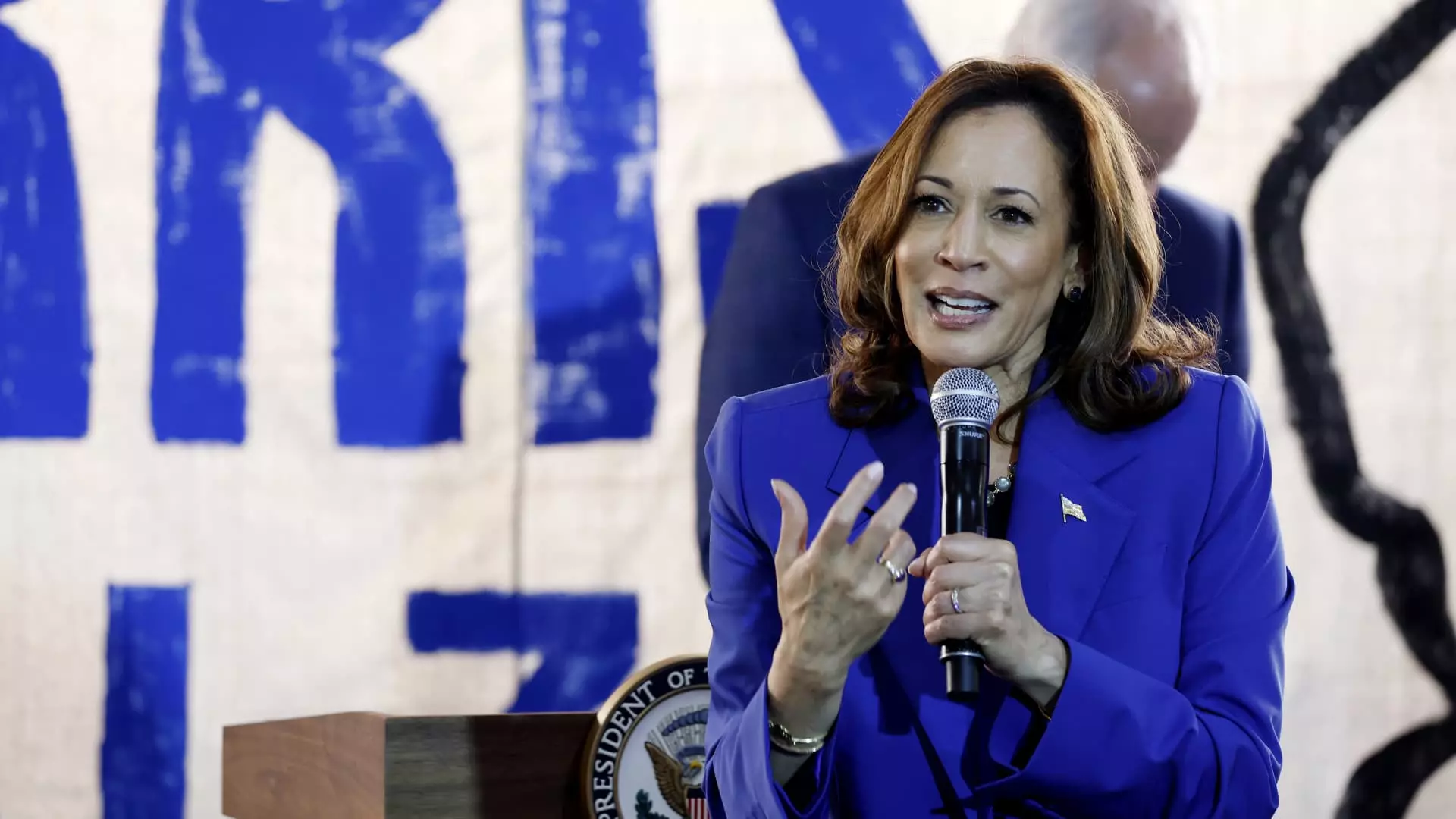Vice President Kamala Harris has put forward a bold proposal to raise the corporate tax rate to 28%, marking her first major step towards generating revenue to fund ambitious plans during her term. This move is seen as a fiscally responsible measure to redistribute wealth and ensure that the affluent and corporations pay their fair share.
Harris’ campaign spokesman, James Singer, emphasized that the increase in the corporate tax rate is part of a broader effort to create an opportunity economy that benefits the middle class. The goal is to enhance economic security, stability, and dignity for working families.
If implemented, the 28% corporate tax rate could generate a substantial amount of revenue, potentially amounting to hundreds of billions of dollars. According to the Congressional Budget Office, each percentage point increase in the corporate tax rate translates to approximately $100 billion over a decade. This move would also reverse a significant aspect of former President Donald Trump’s tax reform in 2017, which had reduced the corporate tax rate from 35% to 21%.
Harris’ current proposition of a 28% corporate tax rate is a revised approach from her previous stance during the 2020 presidential campaign. Back then, she had proposed a complete repeal of Trump’s tax cuts, which would have reset the corporate tax rate to 35%. The new position is in line with President Joe Biden’s most recent budget proposal, indicating a cohesion between the two leaders on tax policy.
Despite the potential benefits of raising the corporate tax rate, Harris is likely to face opposition from Republicans in Congress. Securing approval for a 28% tax rate would require Democratic control of both the House and Senate. However, the impending expiration of various provisions in Trump’s tax cuts by 2025 could provide Harris with leverage in negotiations.
Looking ahead, the debate on tax policy is expected to intensify in the coming years, especially as the expiration of certain tax cuts approaches. President Trump has warned that failing to renew his tax cuts could have detrimental effects on the economy. On the other hand, Harris’ camp has criticized Trump’s proposed tariff increases, highlighting potential negative consequences such as a rise in the deficit and heightened taxes for the middle class.
Vice President Kamala Harris’ call to raise the corporate tax rate to 28% represents a strategic move towards addressing income inequality, funding key initiatives, and shaping the economic landscape for the future. While challenges lie ahead in terms of political opposition and negotiations, the potential benefits for the middle class and overall economy make this proposal a significant milestone in Harris’ governing vision.


Leave a Reply